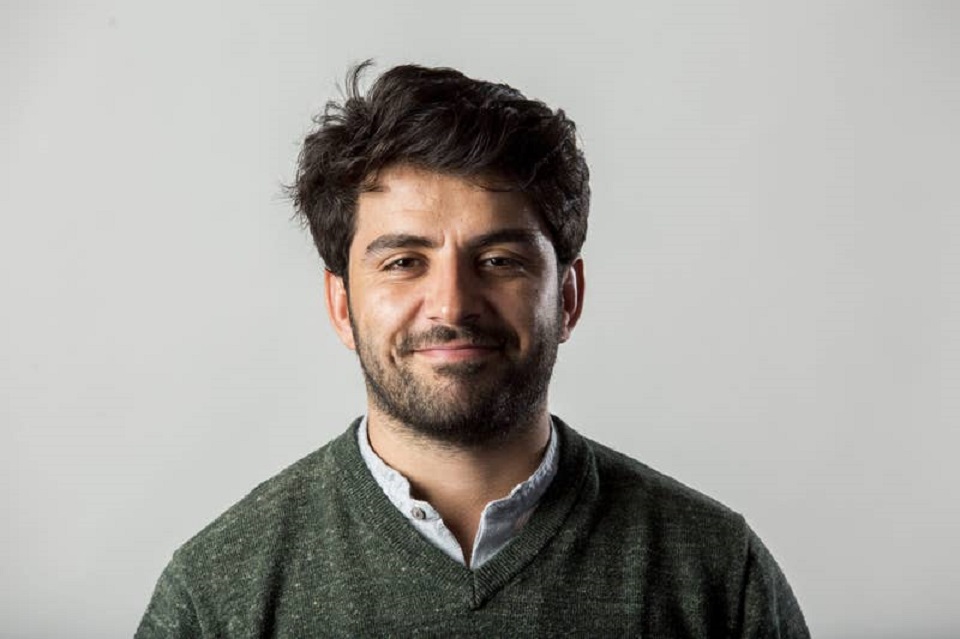
Our Next South Asia Correspondent
20 August 2020
Mujib Mashal, a fearless reporter with a poet’s flair, will be based in Delhi. Read more in this note from Michael Slackman, Adrienne Carter, Doug Schorzman and Greg Winter.
Keshwarnews quoting nytco reported, Mujib Mashal has been the heart and soul of our Afghanistan coverage for the past five years. A fearless reporter with a poet’s flair, Mujib has covered insurgent leaders and corrupt politicians, battle-scarred soldiers and devastated families. Along the way, Mujib also chronicled the hope and resilience of the Afghan people.
But it is the empathy and humanity of his work that has truly distinguished his coverage, bringing to light the tragic and painful costs of decades of war. And somehow, over many years, Mujib accomplished something few others have pulled off in war-torn Afghanistan — he has earned deep respect across factional divisions.
Now, as Afghanistan moves toward a new future with the prospect of peace talks, Mujib will also be moving on to a new assignment — as our next South Asia correspondent based in Delhi.
It is an important time in India, a huge, vibrant and freewheeling democracy with a charismatic prime minister pursuing a Hindu nationalist agenda amid a stalling economy, deep societal divisions and the challenges of the coronavirus. We can think of no better correspondent to help our readers navigate a nation as large, important and complex as India, as well as a broad and diverse region that stretches from the island nations of Maldives and Sri Lanka to Bangladesh and Nepal.
Mujib began his journalism career as an intern at The Times’s Kabul bureau in 2010 while a student at Columbia University. After graduating with a degree in history, he landed a job at Al Jazeera English in Doha and later pursued magazine writing at Time, Harper’s, The Atlantic and other outlets. He returned to The Times as a reporter in Kabul in 2015, and was promoted to senior correspondent there in October 2016.
It has been a deeply personal story for Mujib, who grew up in Kabul and has lived through the major political and military turns in the long war. Few reporters have the depth and insight to explain how the Taliban has managed to outlast a superpower, and to so movingly detail how the most put-upon people in Afghanistan — women, the rural poor, the poets and exiles — are struggling to weather the tumult. Through it all, his patience and his persuasiveness have landed him scoops that no other correspondent could match — including exclusive interviews with a senior Taliban negotiator who came to talk to Mujib and then began excoriating him for wearing shorts in the privacy of his hotel room. Mujib kept him talking, went to change, and got the interview anyway.
He has profiled a traumatized Afghan police unit whose fighters couldn’t go home, and a Taliban unit that had lost half its men. He has paid tribute to a river that brings calm in one of the most bloodied provinces of Afghanistan, and has written about the shoes left behind by the victims of a mosque bombing.
Mujib is a man of many languages — English, Pashto, Farsi. Before he takes up his post, he has already been working on improving his Hindi, learned from Indian cinema, poetry classes at Columbia and cricket broadcasts on the radio as a child.
Please join us in congratulating Mujib, who will take up his new assignment in coming months.
there is not post in layout 2

Regional Discussions on Afghanistan Intensify Ahead of Doha Summit
As the Doha meeting nears, special envoys from various nations,...















